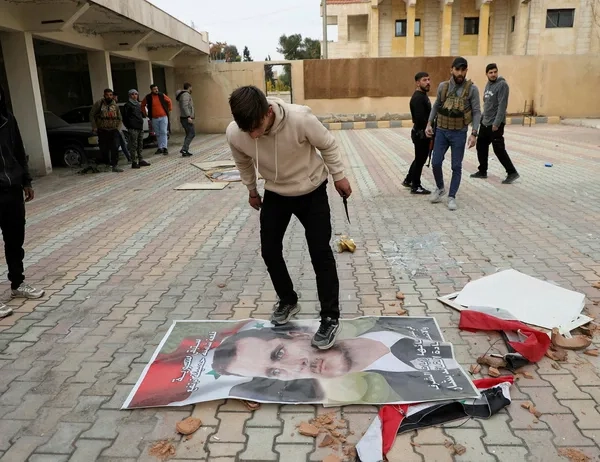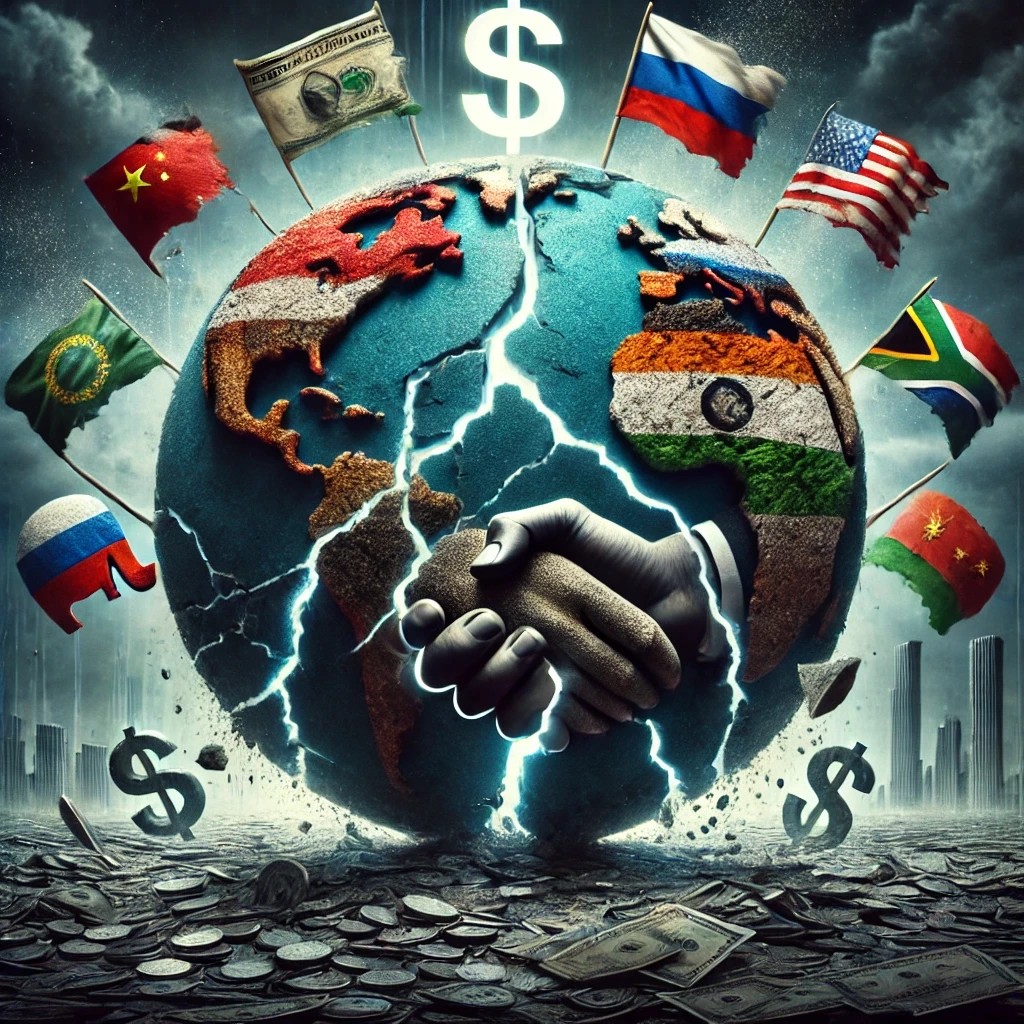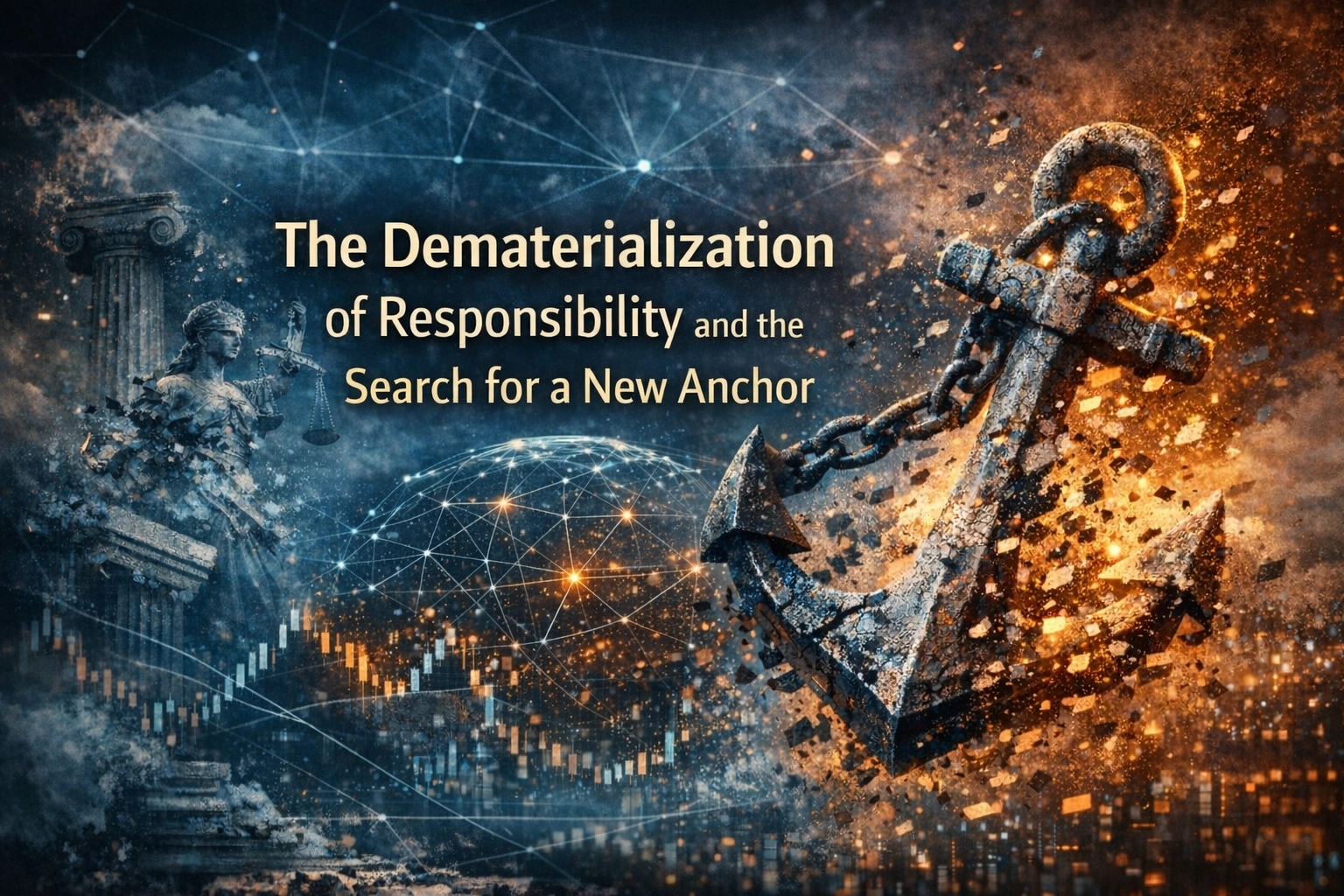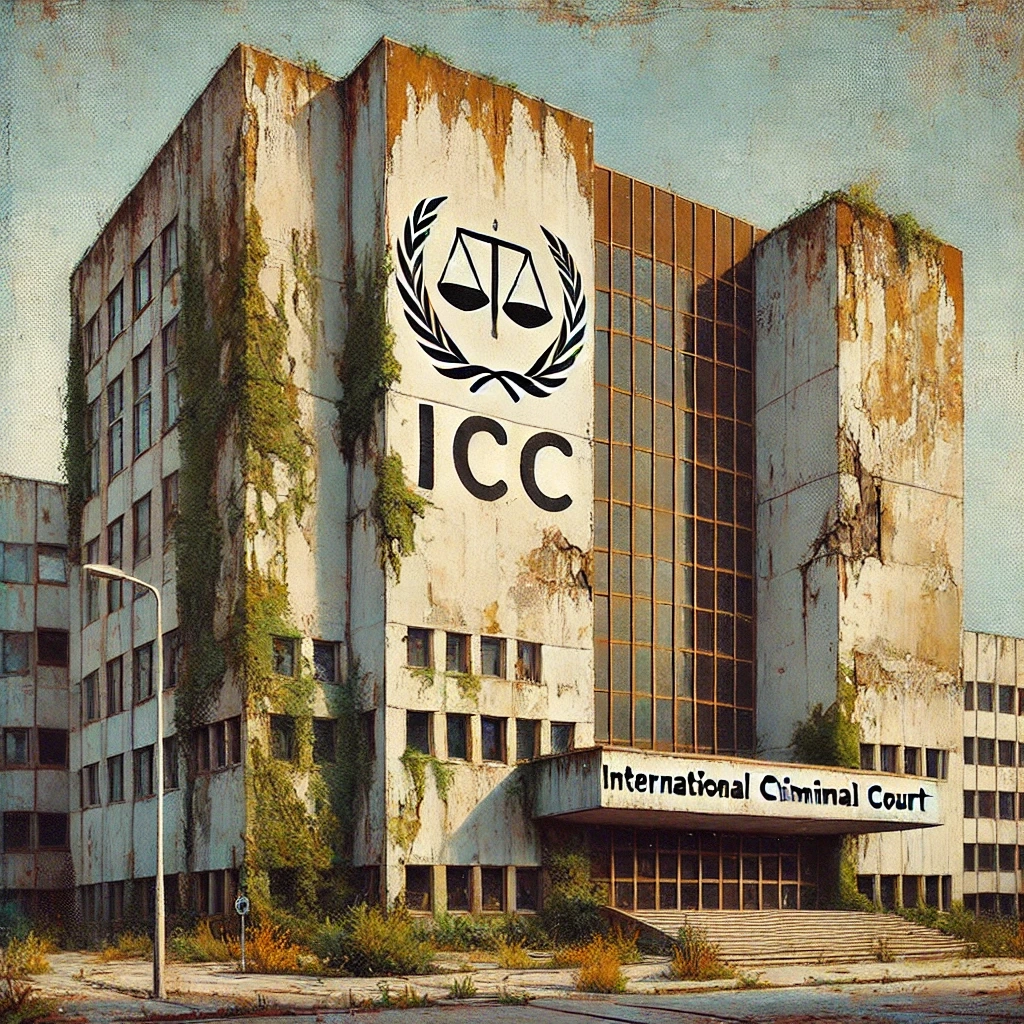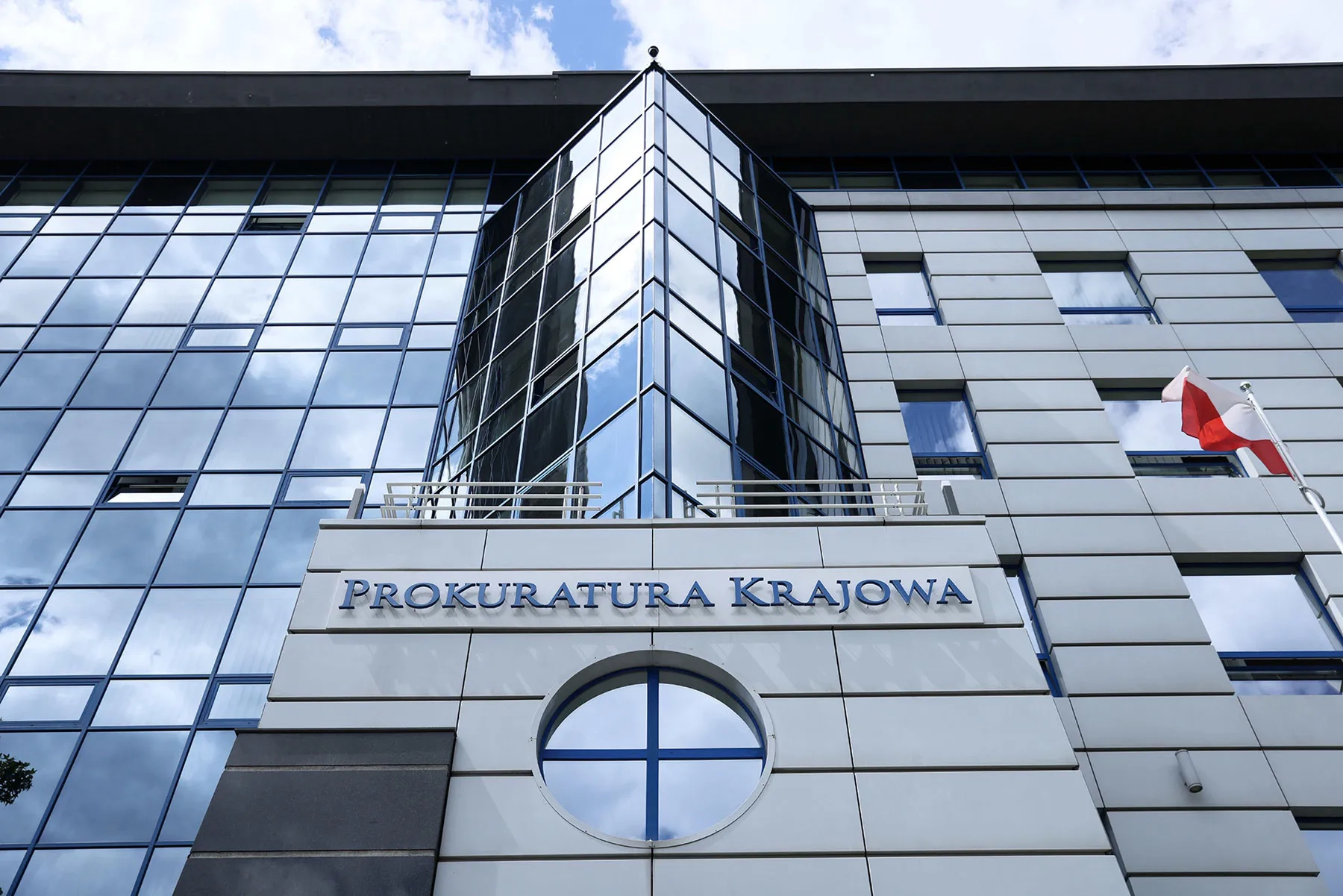The recent decision by the International Criminal Court (ICC) to issue arrest warrants for Israeli Prime Minister Benjamin Netanyahu and former Defense Minister Yoav Gallant has not only exposed the institution’s practical limitations but also undermins the entire framework of international justice established by the Rome Statute. By issuing warrants against individuals, it cannot realistically apprehend, the ICC accelerates its decline into irrelevance and calls into question the efficacy of global legal mechanisms for justice.
The Power of Isolation
The ICC has always struggled to directly enforce its rulings, particularly against powerful leaders still in office. Arrests are rarely feasible, given the political and logistical challenges involved. Instead, the court's issuance of arrest warrants often results in an indirect but impactful consequence: isolation. By labeling individuals as accused war criminals, the ICC delegitimizes their leadership, signaling to allies and supporters that continued association carries significant reputational and political risks. This process gradually weakens the accused, sometimes leading to their eventual removal.
In 2009, when the ICC charged Sudan’s President Omar al-Bashir with genocide and crimes against humanity, the Sudanese government initially dismissed the charges. However, the warrant stigmatized al-Bashir, eroding his standing domestically and internationally. Over time, key members of his inner circle began to distance themselves, culminating in his removal from power in 2019 and subsequent handover to the ICC.
A similar pattern emerged in Côte d’Ivoire, where Laurent Gbagbo’s refusal to relinquish power after the 2010 election led to widespread violence. The ICC’s indictment for crimes against humanity reinforced his political and social isolation, eventually contributing to his ousting and the restoration of constitutional order.
The International Criminal Tribunal for the former Yugoslavia (ICTY), a predecessor to the ICC, demonstrated the effectiveness of this approach in the case of Slobodan Milošević. His indictment for war crimes not only delegitimized his leadership but also emboldened opposition movements, ultimately resulting in his arrest and trial.
These examples highlight how the issuance of arrest warrants, even without immediate enforcement, can indirectly dismantle regimes, open pathways for justice, and restore constitutional order by leveraging the power of stigma and isolation.
A Court Losing Its Way
In its recent decisions, the ICC has moved closer to becoming an irrelevant organization.
Since 2020, the world has witnessed thousands of people arbitrarily arrested, tortured, or killed, and hundreds of thousands displaced under the direct orders of Lukashenko. The United Nations Human Rights Office (UNHRO) has reported gross violations of human rights in Belarus, compiling over 2,500 pieces of evidence, including photographs, videos, and medical records documenting killings, torture, and brutal beatings. The UNHRO has also documented more than 100 cases of sexual and gender-based violence involving four underage boys, 36 women, and 60 men.
The Organization for Security and Cooperation in Europe (OSCE) released a report summarizing approximately 700 testimonies detailing crimes against humanity committed by the Belarusian regime. The World Organization Against Torture highlighted that, out of 614 complaints of torture submitted to the Belarusian Investigative Committee, not a single criminal case has been opened, and no one has been held accountable. This lack of accountability suggests that all these crimes were carried out under the direct orders of Lukashenko.
Despite this overwhelming documentation, the ICC has failed to take any action against Lukashenko. This inaction emboldened him to later hijack a commercial airplane and use migrants as weapons against neighboring countries, actions that even resulted in the death of a Polish border guard. Yet, the ICC has remained silent.
The ICC, rather than focusing on crimes against humanity, seems to have redirected its attention toward democratically elected leaders such as Israeli Prime Minister Benjamin Netanyahu and former Defense Minister Yoav Gallant. These allegations prompt serious questions about the court's impartiality and potential political bias.
Unlike authoritarian leaders, who maintain power through violence and oppression, democratic leaders operate within systems of accountability, including judicial oversight, a free press, and, most importantly, free elections. In the cases of Netanyahu and Gallant, no one questions their legitimate status or accuses them of manipulating elections. Prosecuting such leaders risks undermining the sovereignty of their nations—sovereignty defined as the will of the people expressed through free and fair elections—especially when such prosecutions are driven by individuals detached from the realities on the ground and whose decisions may reflect little more than political opinions.
Political Opinion
Israeli Prime Minister Benjamin Netanyahu and former Defense Minister Yoav Gallant have been accused of employing starvation as a method of warfare during the Gaza conflict.
First, for starvation to be considered a weapon, there must be clear and unequivocal evidence of deliberate intent, much like in any criminal case where intent is a cornerstone of establishing culpability. This requires proving that food deprivation was not a byproduct of broader circumstances, such as war or logistical failures, but rather a calculated and purposeful strategy aimed at achieving specific political or military objectives. Without such evidence, the distinction between collateral damage and deliberate atrocity becomes blurred, leading to unwarranted accusations and undermining the gravity of intentional crimes against humanity.
Claims that starvation is being used as a weapon must be backed by undeniable proof, such as documented orders, official statements, or policies demonstrating a deliberate plan to deprive civilians of food as a method of warfare. Absent such evidence, such accusations are considered to be politicized, thereby diminishing the seriousness of genuine atrocities and diverting attention from cases where deliberate starvation has been employed with catastrophic consequences.
Second, there is no definitive evidence to suggest that people in Gaza have died solely due to a complete lack of access to food. Prosecutors from developed countries, who have never experienced true starvation, often lack a nuanced understanding of what it entails. They may interpret several days without adequate food as a severe crime, failing to distinguish it from the targeted, deliberate deprivation that constitutes starvation as a weapon.
Third, this decision blurs the distinction between food access issues arising as collateral consequences of military activity and deliberate starvation tactics. Historical examples, such as the Holodomor in Ukraine, where Stalin’s regime systematically deprived Ukrainians of food to suppress their national identity—resulting in up to 5 million deaths—demonstrate the deliberate intent required to classify starvation as a weapon. Similarly, during the Siege of Leningrad, Nazi forces intentionally cut off supplies to starve 1 million people as part of their strategy to weaken Soviet resistance.
Comparing these instances to modern conflicts diminishes the critical difference between the deliberate use of hunger as a political weapon and the unintended consequences of military operations. Further examples, such as the Great Chinese Famine, which caused an estimated 15 to 45 million deaths due to government mismanagement and policies, or the Cambodian Famine under the Khmer Rouge (1975–1979), which led to the starvation of over 2 million people, underscore the devastating impact of deliberate starvation policies.
Such historical precedents highlight the importance of distinguishing between genuine atrocities and the unintended hardships of war. Equating the two not only weakens the integrity of international law but also undermines efforts to hold perpetrators of true crimes against humanity accountable.
The Right to Resist
The ICC has accused Israel of employing methods of warfare that include murder and persecution. However, this decision overlooks the fundamental context: Israel was attacked first and, under Article 51 of the UN Charter, possesses an inherent right to self-defense. This principle grants any nation the right to take necessary measures to protect its citizens and sovereignty when faced with an armed attack.
Civilian casualties, while deeply tragic, are a complex aspect of modern warfare, especially when adversaries like Hamas employ human shields and conduct indiscriminate attacks. Such tactics deliberately exploit civilian populations, making it extraordinarily difficult for targeted nations to respond without risking harm to innocent lives. This creates profound moral and strategic dilemmas for leaders, who must balance the imperative to protect their citizens with the inevitability of collateral damage in densely populated combat zones.
Moreover, there is no explicit international law that clearly defines the limits of force a state may use in defending itself from an aggressor. For instance, would it be permissible for the Ukrainian military to strike Russian towns if Russian forces continue targeting hospitals, schools, and other civilian infrastructure in Ukraine? Historical examples further highlight this ambiguity. During World War II, the Allied forces conducted extensive bombing campaigns over cities like Berlin, Königsberg, Cologne, and Hamburg. While these campaigns resulted in significant civilian casualties, including children, they were deemed necessary to weaken the enemy’s capacity to wage war and ultimately bring about its defeat.
The absence of legal clarity on proportionality and necessity in war leaves room for subjective interpretations. Focusing solely on civilian casualties without acknowledging the broader context of an aggressor’s actions risks setting a dangerous precedent: criminalizing legitimate self-defense while disregarding the provocations and violations that necessitated the response in the first place.
Further Blurring Lines
Equating Israeli Prime Minister Benjamin Netanyahu to individuals like Mohammed Deif, a Hamas leader responsible for mass killings, hostage-taking, and sexual violence, represents a gross misjudgment. This comparison ignores the fundamental differences between terrorist actors and democratically elected leaders. Terrorists like Deif operate entirely outside the bounds of legal and moral frameworks, pursuing violence as their primary tool to achieve political or ideological goals, often with complete disregard for human life and international norms.
Netanyahu, as the leader of a sovereign state, operates within a system of checks and balances, including free media and judicial oversight. Even his military decisions, controversial as they may be, are undertaken within the context of responding to aggression.
This blurring of lines diminishes the moral and legal weight of the ICC’s mandate. Its role is to address the gravest crimes against humanity and hold accountable those who intentionally flout international norms. When the court appears to equate legitimate self-defense or complex military decisions with the acts of individuals whose sole purpose is the intentional slaughter and oppression of civilians, it undermines its impartiality and effectiveness.
A System in Crisis
Beyond the irrelevance of prosecuting democratic leaders, the ICC’s warrants against Netanyahu and Gallant are unenforceable in practice. It is impossible to imagine that nations such as Germany, France, the UK, or any European Union member would arrest the Israeli prime minister, given the profound historical, political, and emotional ties between Europe and Israel. Furthermore, the ICC’s authority has already been called into question by Mongolia’s decision to disregard its arrest warrant against Putin, further undermining the seriousness of such actions.
The ICC’s inability to enforce its decisions risks rendering it increasingly irrelevant, eroding the ideals of justice and accountability it was established to uphold.
Restoring Credibility
To regain its standing as a meaningful institution, the ICC must return to its core mission. Member states of the Rome Statute should convene a special session to reassess its priorities. The ICC should focus on cases where it can make a tangible impact—prosecuting authoritarian leaders responsible for crimes against humanity. By isolating these figures and delegitimizing their regimes, the court can reclaim its role as a vital force for justice.
